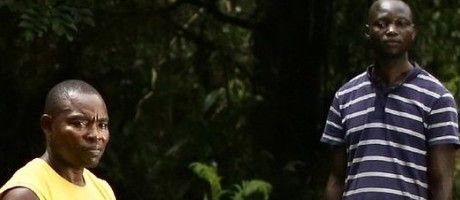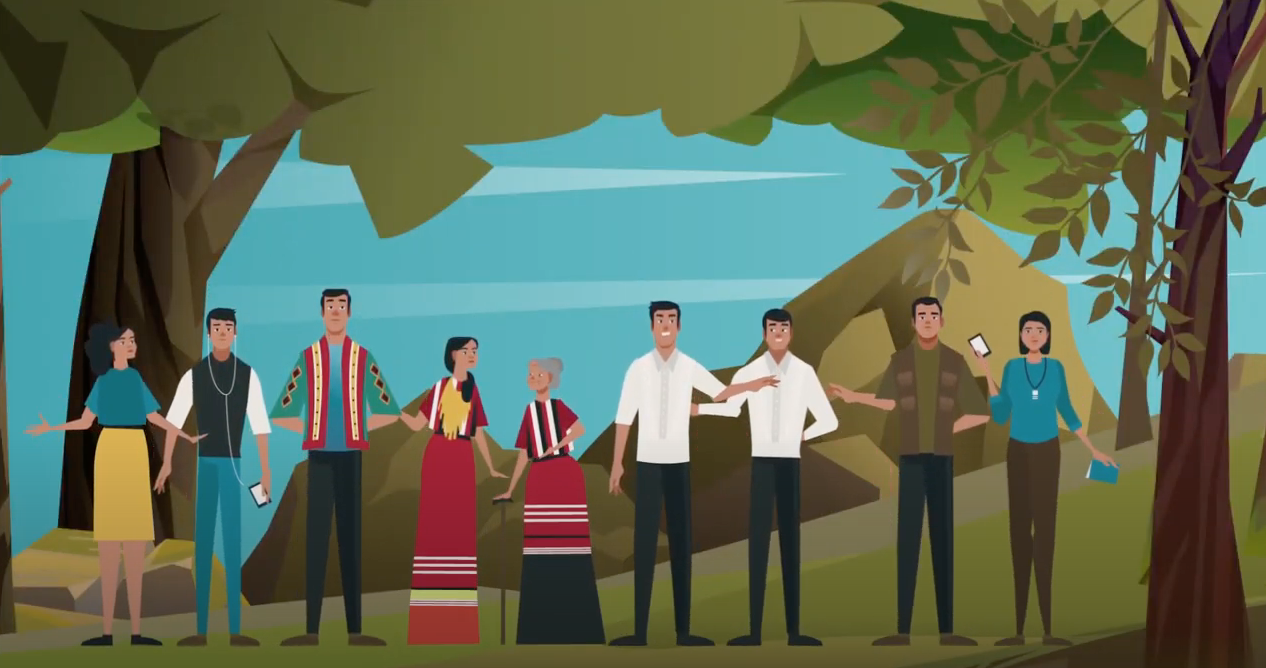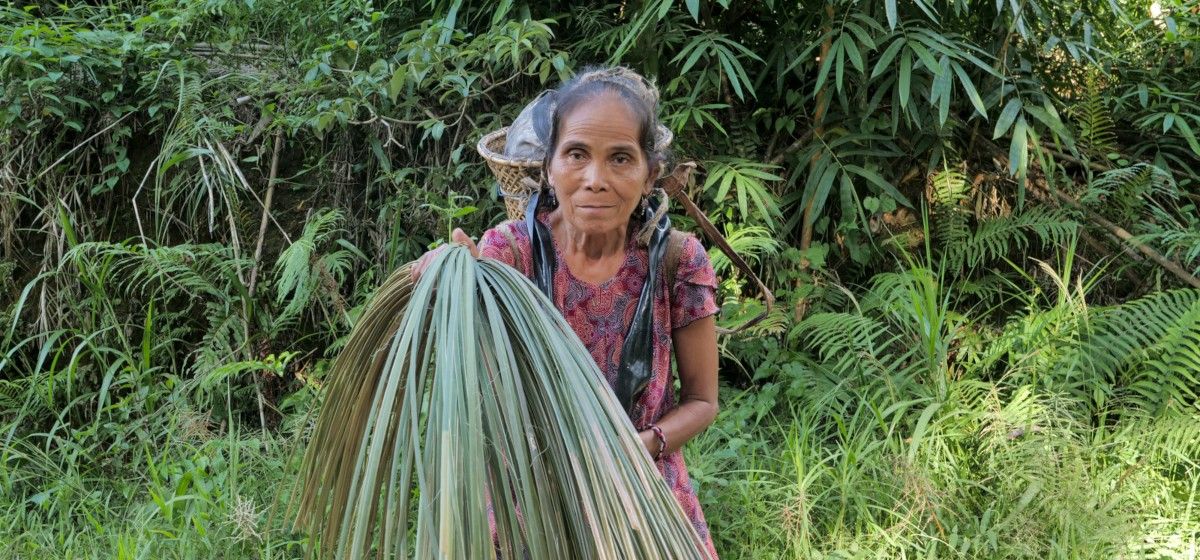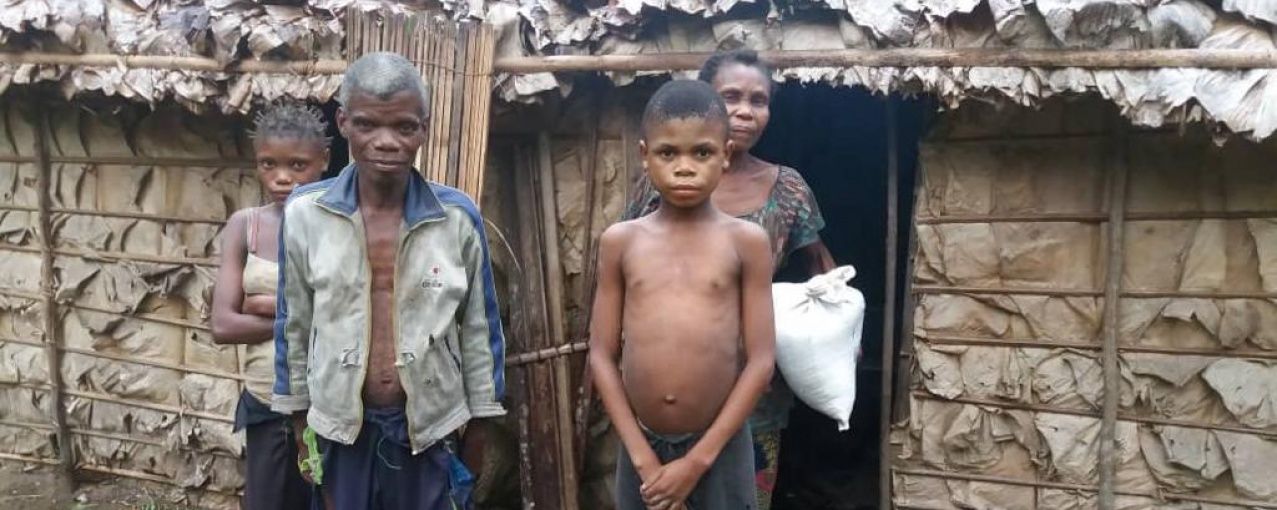
Forest restoration: why offsetting could derail the path to recovery and well-being
This Sunday, 21 March, is the United Nations International Day of Forests (IDF), intended to celebrate and raise global awareness of the importance of forests. The theme is "Forest restoration: a path to recovery and well-being", a cause that Fern championed in our recent report looking at how rights-based forest restoration can empower communities, recover biodiversity, and tackle the climate crisis. It also explained that forest restoration must never be used to greenwash other sectors' lack of action towards climate objectives.

Palm Oil Certification: Not ‘Out of the Woods’
Milieudefensie worked with a team of researchers to investigate the Roundtable for Sustainable Palm Oil (RSPO) stakeholder consultation processes. We report on general findings and a case study on the current certification process of Socfin, a Luxembourg-based plantation company, in West Africa. We found critical gaps in the RSPO practices and policies of consultation processes, which undermine the credibility of the certificates.

International Women’s Day 2021: celebrating female leadership
IUCN NL is proud to work with many female leaders across the world who choose to challenge their patriarchical societies and are advocates for women’s rights and social inclusion. On International Women’s Day, we are celebrating these strong women who stand up for their territories, their forests and their rights, even though faced with increasing risks and gender-based violence.

Outcomes of participatory multi-stakeholder dialogues in the Philippines
Since 2018, our partner Forest Foundation Philippines has been promoting participatory multi-stakeholder dialogues in landscapes across the Philippines. These dialogues contribute to inclusive and well-informed decision-making on land and water governance and link landscape actors to national decision-makers.

Financial Education for Community Forestry Organizations in Guarayos, Bolivia
The native indigenous territory of Guarayos (Tierras Comunitarias de Origen – TCO) has a titled area of 1,343,646 ha, of which 90% are forests that are still in a good state of conservation, thanks to the 111 Community Forest Organizations (OFC) that execute their General Forest Management Plans in an area of 1,274,614 ha of forest.

Global manufacturing companies express concerns about sourcing aluminium from Atewa Forest
Three global manufacturing companies—BMW Group, Tetra Pak and Schüco International—have signaled concern over the use of bauxite sourced from Ghana’s Atewa Forest for aluminium if mining has catastrophic and irreversible effects on the people and wildlife that depend on the forest. More than 5 million Ghanaians depend on Atewa Forest as their source of clean drinking water.

WECF is proud to start work as gender-partner of the Green Livelihoods Alliance
WECF is excited and proud to officially start our work as gender-partner of the Green Livelihoods Alliance (GLA), as part of The Netherlands governments civil society partnership program “Power of Voices”. The aim of the GLA is to halt deforestation and promote sustainable forest governance. With GLA we will strengthen participation of women, especially from Indigenous Peoples and Local Communities in decision-making and policy making on forest conservation.

Civil society organisations sound alarm after brutal murder of indigenous people in DR Congo
Civil society organisations, including IUCN NL, are sounding the alarm after the brutal murder of 46 pygmies in a village in the Ituri province in the Democratic Republic of Congo. The group was brutally murdered on January 14 for unknown reasons. The victims also included women, children and the elderly.

Women’s group increases income by making candlenut oil
The forest of the Indudur Nagari community in West Sumatra in Indonesia is rich in forest products, including the candlenut. You can make all kinds of products from candlenuts to increase the value, such as oil. However, this potential had not yet been fully exploited by the inhabitants. Uni Mirna and 4 other women saw an opportunity.
